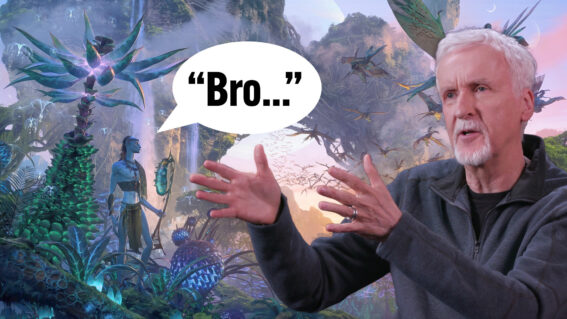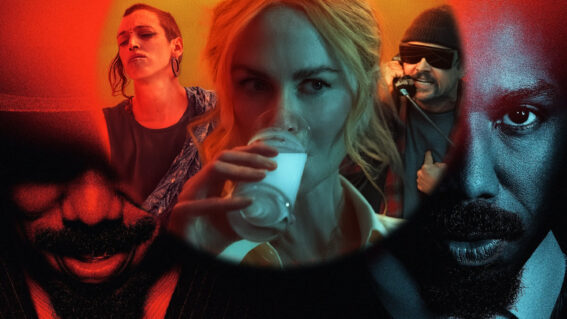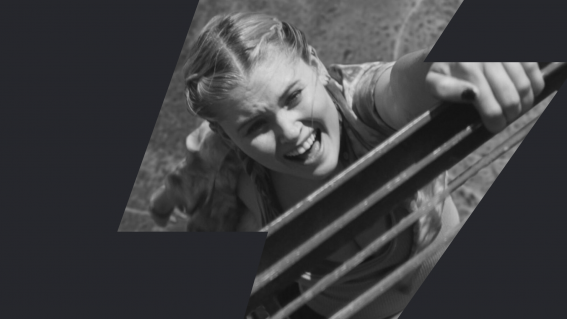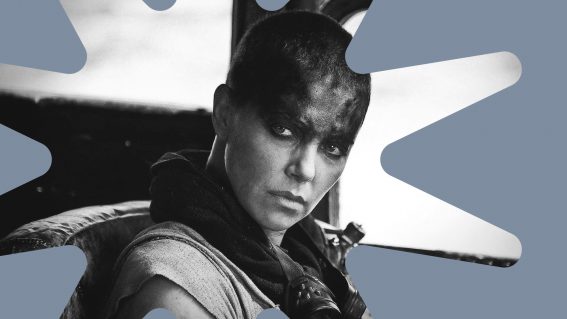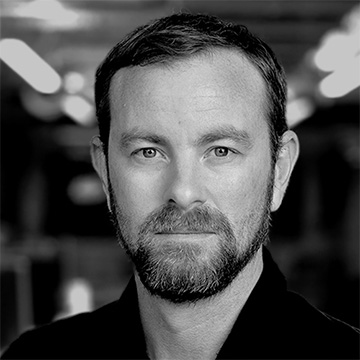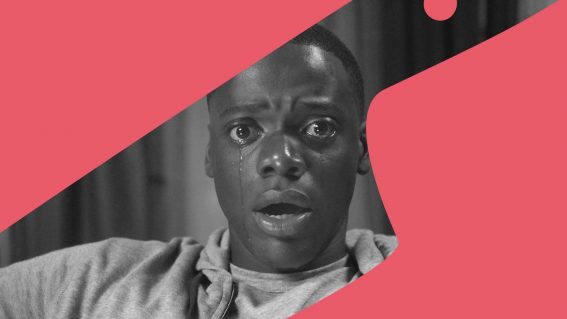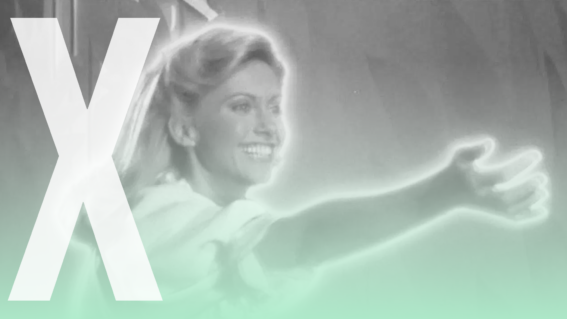It’s detectives vs arsonists in Dennis Lehane’s new Apple TV+ series Smoke
Where there’s smoke, there’s fire – fierce-looking blazes in this series that sees Taron Egerton chasing firebugs.
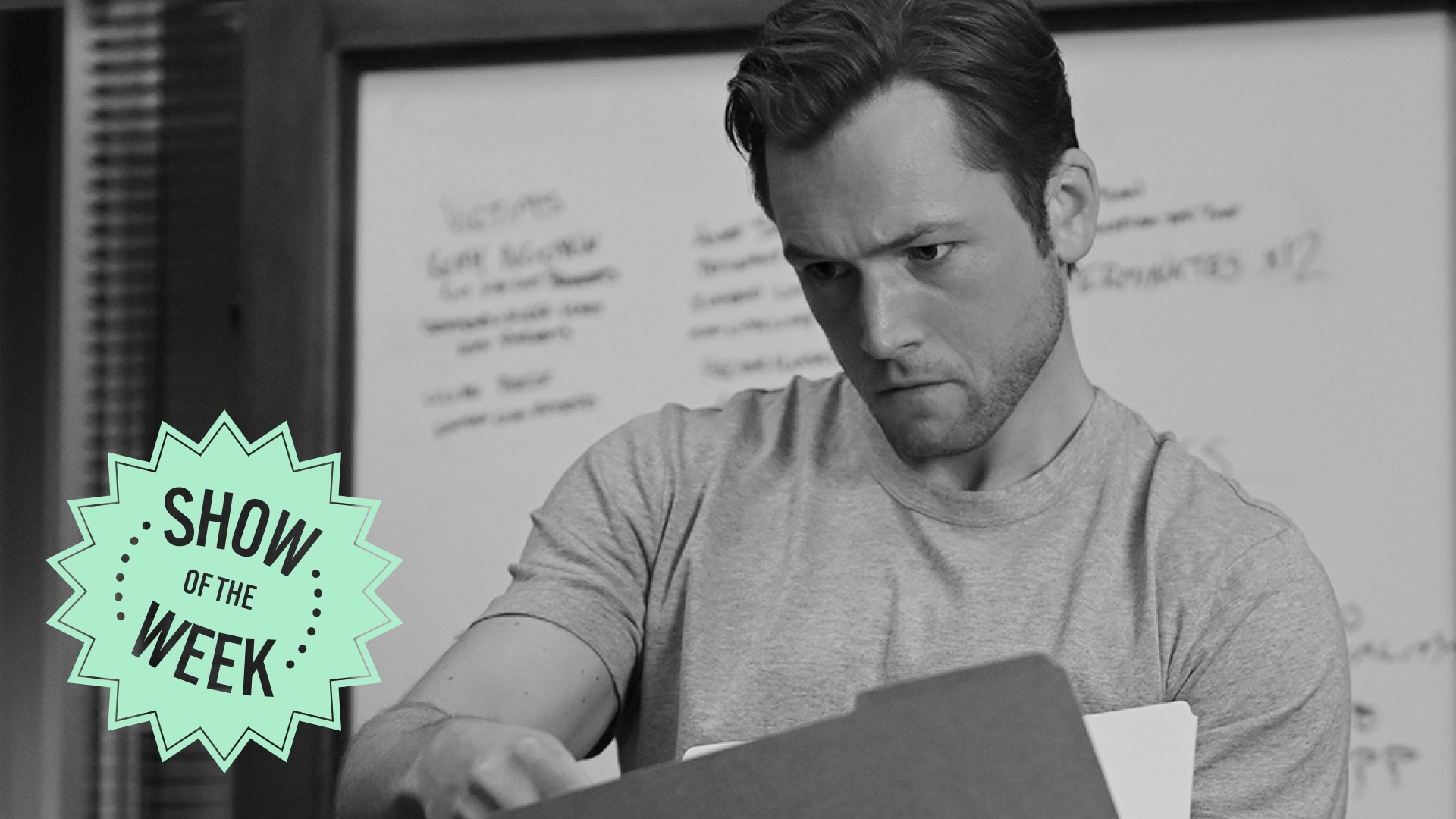
There’s a sociopath at the centre of Apple TV+’s Smoke. And they’re painted just as all pop culture sociopaths are: charismatic but wild in the eye, partial to self-mythologising and the odd a cappella cover of a ubiquitous classic. It’s a catnip role for actors who feel as if they’ve got something to prove—who’ve been stuck in a rut or, simply, need a career gear change. I don’t say this judgmentally. Playing a sociopath is the thespian equivalent of shaking your shoulders and trilling your lips. It’s an energy release.
The onscreen sociopath offers freedom, experimentation, play. It’s all about the unexpected line reading or erratic gesture, the move that will throw off the audience and declare you a revelation. Jai Courtney had a turn earlier this year with Dangerous Animals, Hugh Grant did it last year with Heretic.
Related reading:
* French history gets saucy in Carême
* Italy now has its own The Crown
* The best shows of 2025 so far
There have been all kinds of good and great villains of this nature, but I find myself often ambivalent about the way these performances are so readily embraced. It contributes to this limiting idea that “good acting” is purely about outward energy, about how much of the screen you take up versus how closely you draw the audience to you.
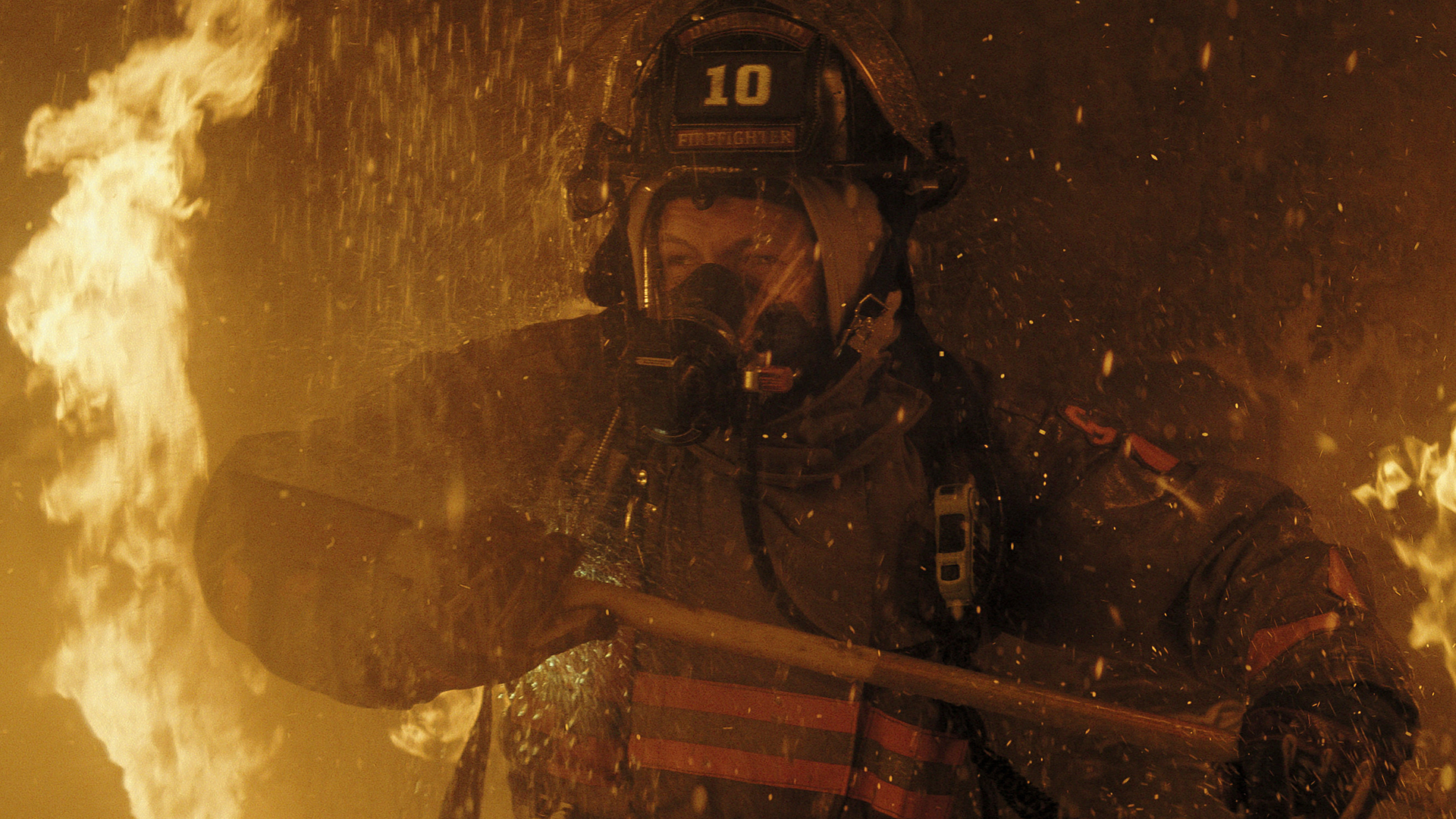
In Smoke, arson investigator Dave Gudsen (Taron Egerton) teams up with Michell Calderon (Jurnee Smollett)—a detective with, you guessed it, a fire-related childhood trauma—in order to track down a pair of seemingly unrelated arsonists: the “Milk Jug”, who’s filling dairy vessels with gasoline, and the “D&C”, or divide and conquer, who uses time-delayed blazes as a distraction from his real targets.
One of these fire starters we know of almost immediately: he’s the downtrodden, softly spoken line cook Freddy Fasano (Ntare Mwine), who’s given the full-blown Joaquin Phoenix-as-the-Joker treatment. He has a line, later on in the series, that feels right out of the Todd Phillips playbook: “I went to the movies once, everyone was laughing… but it wasn’t funny.”
He’s a somewhat thinly sketched tragedy, but Mwine plays him with grace and sincerity, offering a tonal counterbalance to our exuberant second arsonist, the sociopath. I can’t say who that is, because it’s one of several, increasingly preposterous twists in Smoke. The show comes courtesy of Dennis Lehane, re-teaming with Egerton and Greg Kinnear, stars of his previous Apple TV+ outing Black Bird, a far more sober affair about the incarceration system.
Lehane is best known for the novels of his that were adapted onto film, Mystic River (2003), Gone Baby Gone (2007), Shutter Island (2010), and Live by Night (2016)—a short story of his was also the inspiration for The Drop (2014). All of these are largely stories that ponder the nature of morality and justice.
There’s certainly some of that pondering here. Smoke wants to answer the big question of why a person would intentionally start a blaze. Only, the answer feels a little too obvious for a nine-episode series. Cue mommy issues and fear of abandonment, a desperation for attention and control, and even some fire-related sexual proclivities.
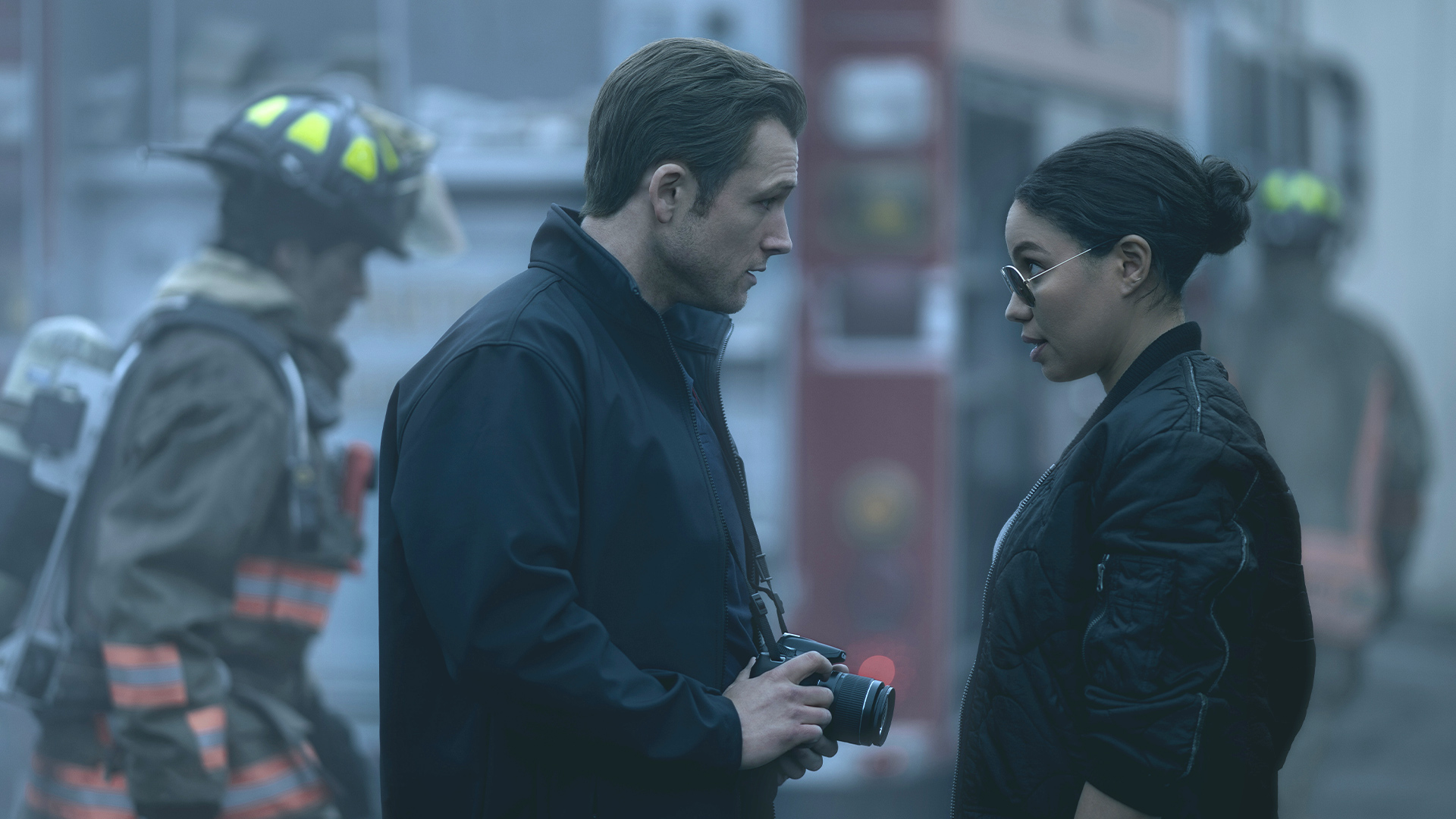
It becomes a problem that Smoke doesn’t distance itself enough from the book Dave is trying to write, about an arson investigator that is definitely not not based on himself, and that we’re objectively told is mediocre. Episodes quote liberally from its text, in a way that makes it inextricable from its own thesis ie some pseudo-poetic nonsense about how “fire is an organism… fire waits, fire watches”.
And, sure, the roar of the flames here look especially fierce for a show that’s otherwise shot in the clinical palette of a David Fincher movie. But when Smoke draws us to a guy who’s merely maniacal like the rest of them, it suffocates both fire’s danger and its majesty.










